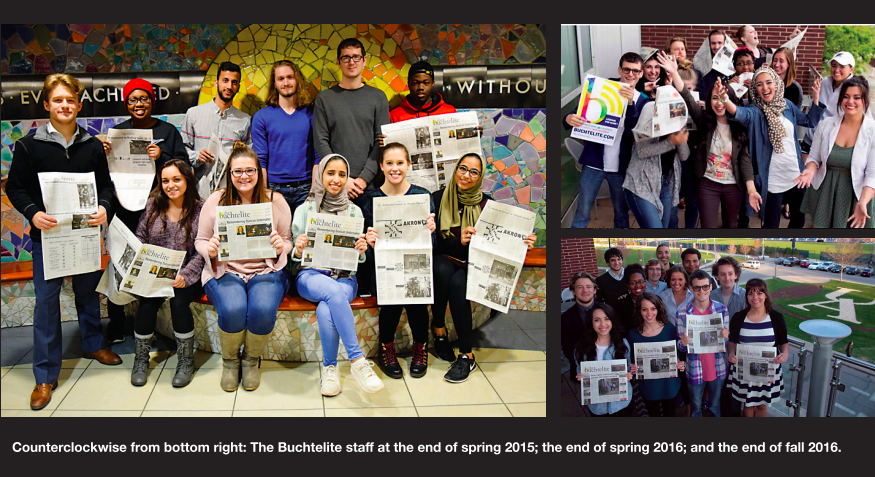“In Ohio in 2006, the average student debt for a graduate from a four-year college or university was over $20,000. At the University of Akron, the average debt of a 2006 graduate was $16,105, up from $15,036 in 2005. Sixty percent of graduates graduated with debt in ’06.”
“
In Ohio in 2006, the average student debt for a graduate from a four-year college or university was over $20,000.
At the University of Akron, the average debt of a 2006 graduate was $16,105, up from $15,036 in 2005. Sixty percent of graduates graduated with debt in ’06.
You could buy a new car with that much money. The 2007 Hyundai Elantra starts at around $14,000.
In a country marked by interest and credit-card debt, graduating with over $15 grand in debt is a big deal.
Even if you graduate with an engineering degree and begin making over $50,000 a year, it will take you at least a year to pay off your student debt, and that involves living well below your means and focusing on paying off your debt.
What if you wanted to travel?
Looks like you’re out of luck – you’ve got loans to pay off.
So what’s the deal? That’s just how it works, right? It seems like our system encourages failure. In fact, there are a lot of loans – but fewer and fewer graduates.
But that’s not how it works everywhere – in fact, 90 miles away from the United States, students get a college education for free.
In Cuba, education is completely free of charge. From kindergarten through college.
Even six years of medical school are entirely free. Not just Cuban students either – graduates include American students as well as other students from around the world. Men and women, with college degrees in hand, leave with no debt.
So where does the difference lie? It’s obvious that America and Cuba have very different views of higher education. Here, students mean money – for the educational system itself and for our banks. Education is a part of industry.
In Cuba, human knowledge is seen as a net gain to human resources. In the end, knowledge is beneficial to everyone. That’s why a small island country, with
few resources, has a free education system.
And yet, in America, the richest and most powerful country in the world, higher education is not readily available or easily attained.
Granted, if you are wealthy, a degree is much easier to get. But what about our poor, whose lives could be greatly improved by education?
Jobs for those without degrees are constantly diminishing, while jobs for people with degrees are more and more plentiful. It is almost necessary to get a degree to attain financial security, yet we make it hard.
What changes can be made? It is doubtful that we will ever see a system like that of Cuba’s in the United States, but trying to make it easier to finance a college education by making loans more available isn’t going to bring more graduates out of our universities.
The education system needs to change, but first we need to stop valuing the financial gains of industry over the educational gains of our own citizens.
“












